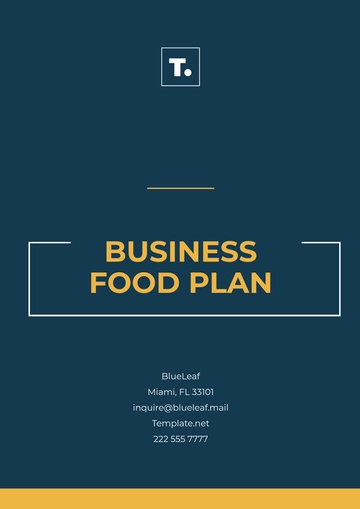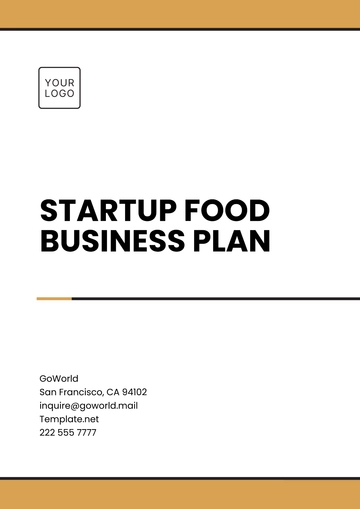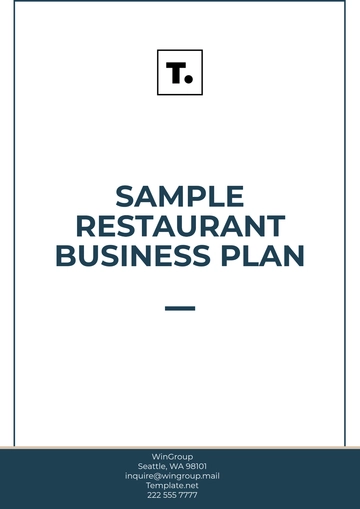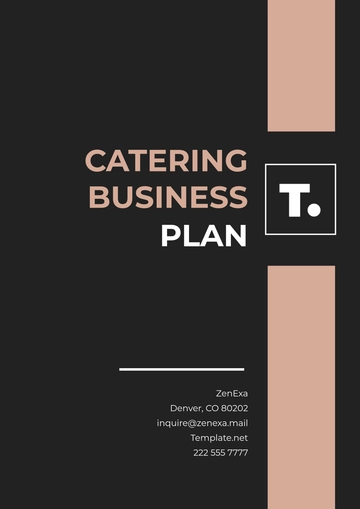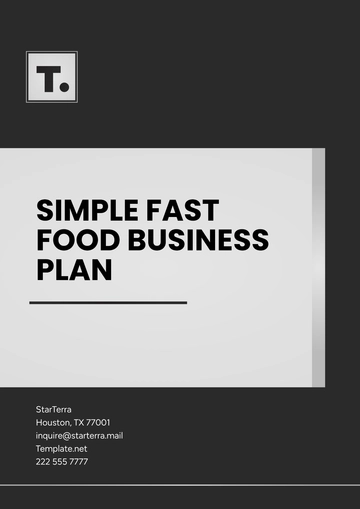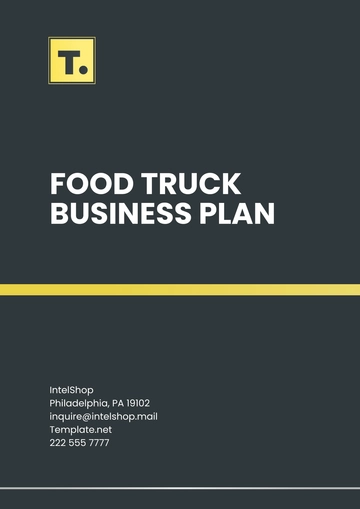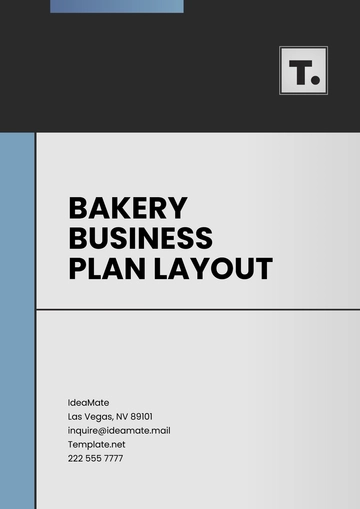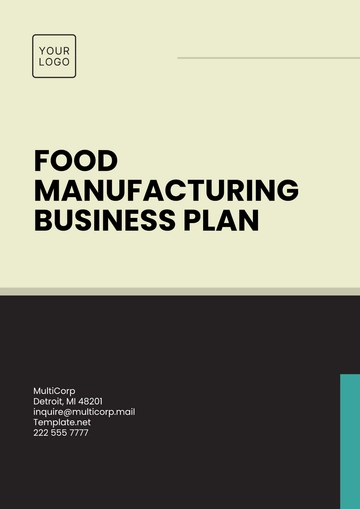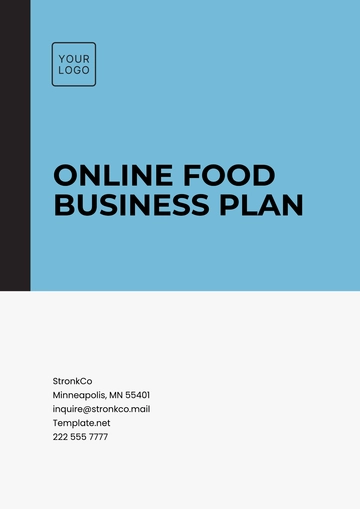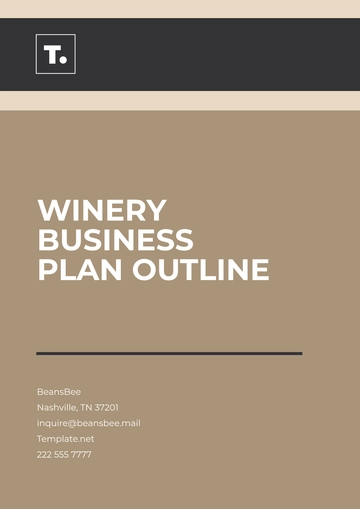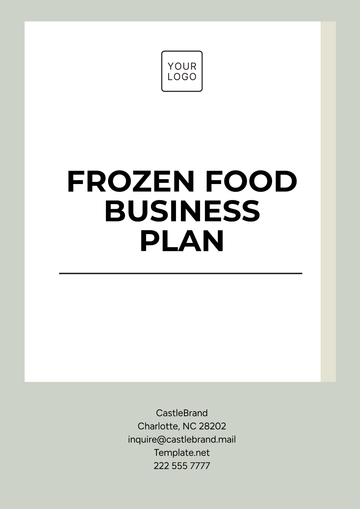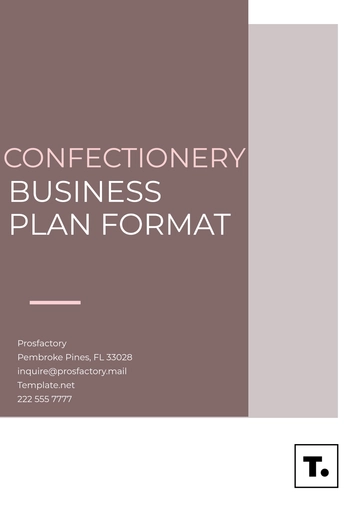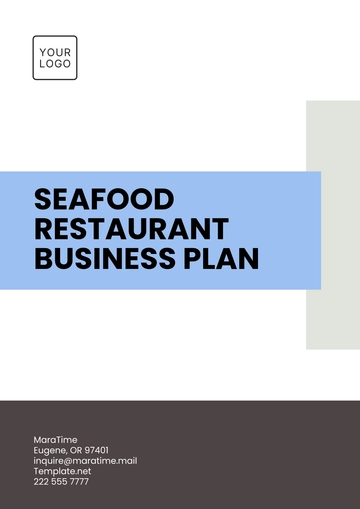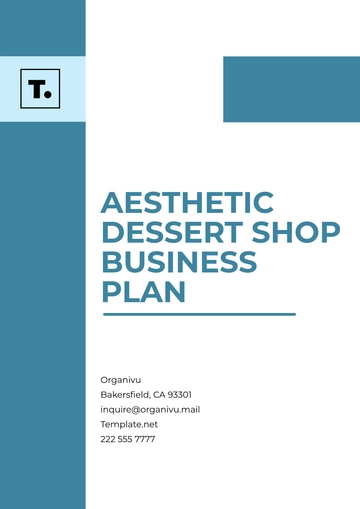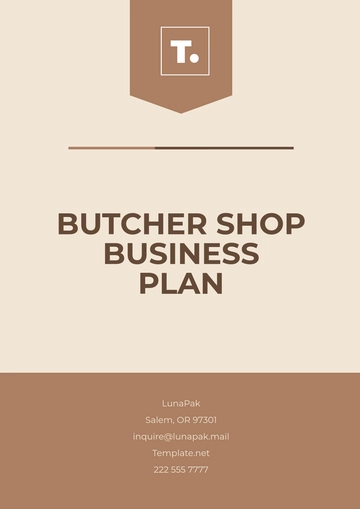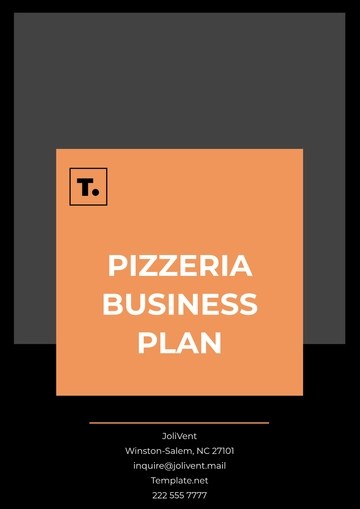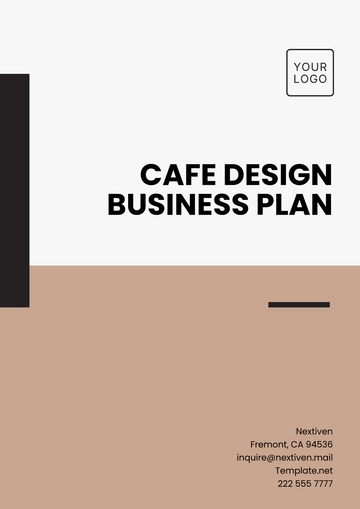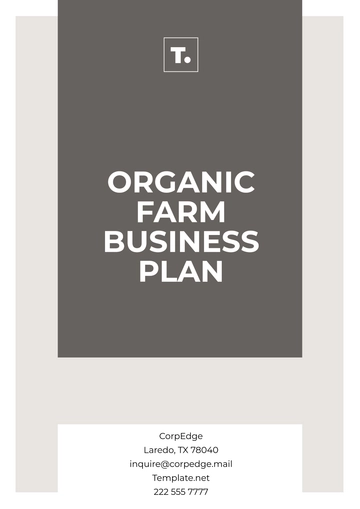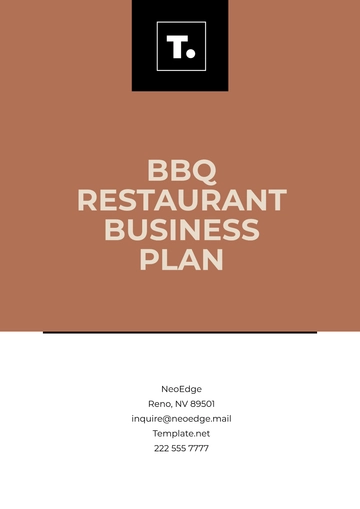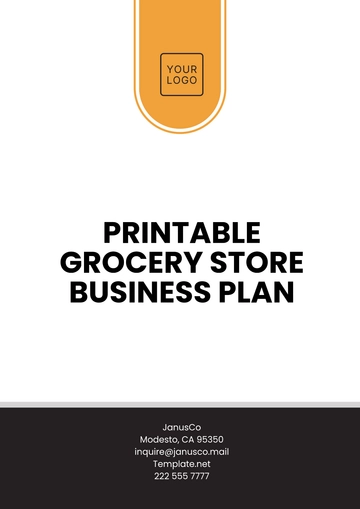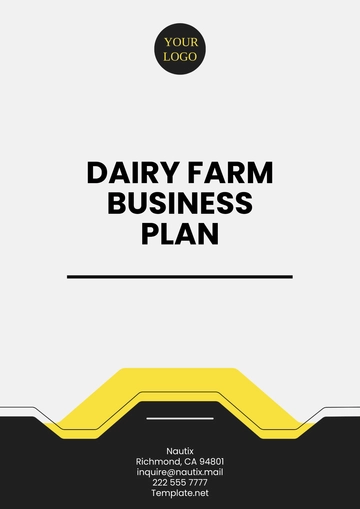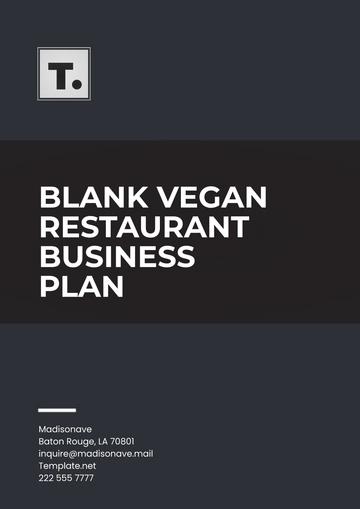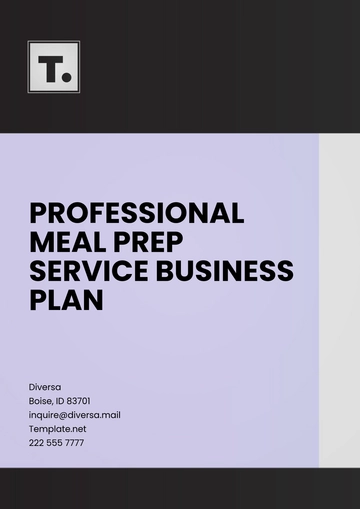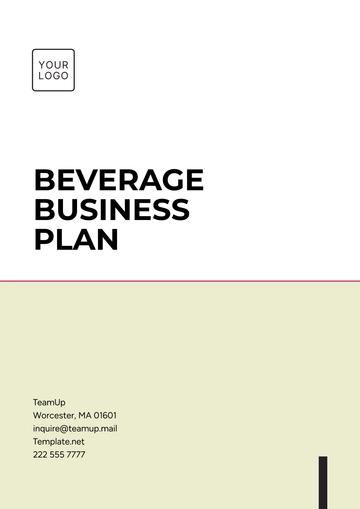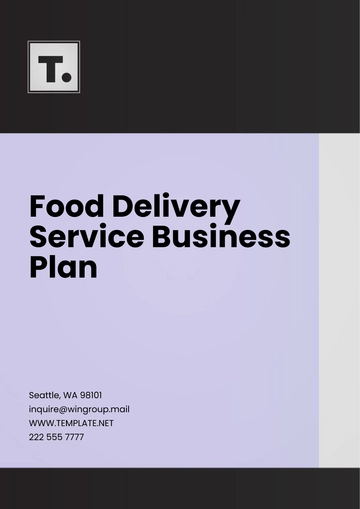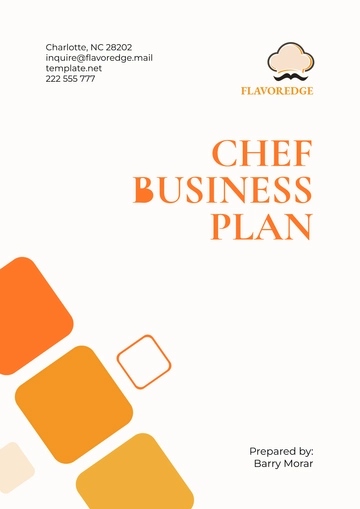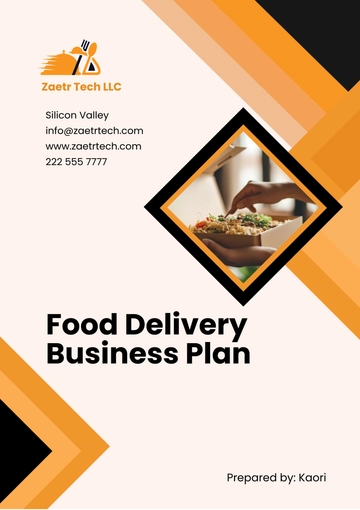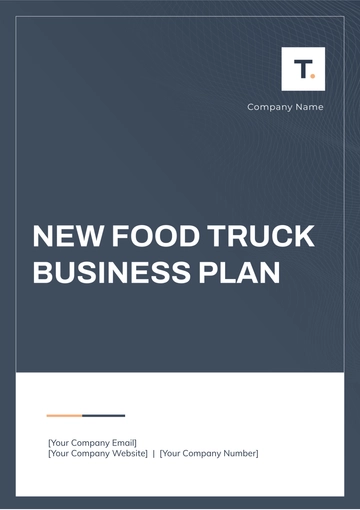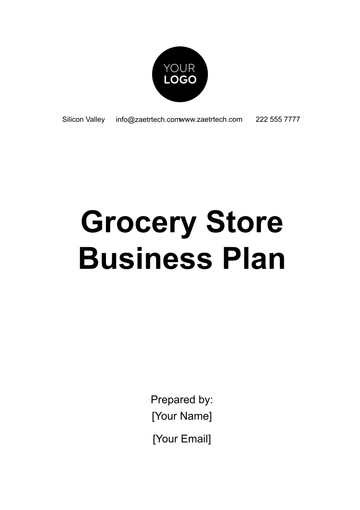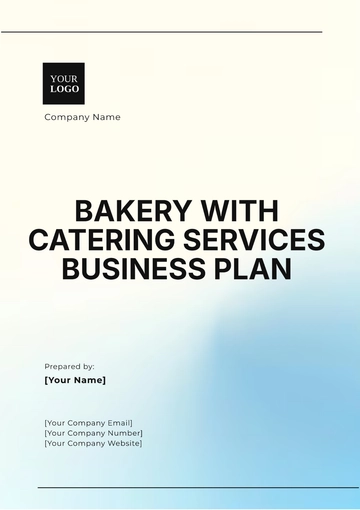Free Food Manufacturing Business Plan
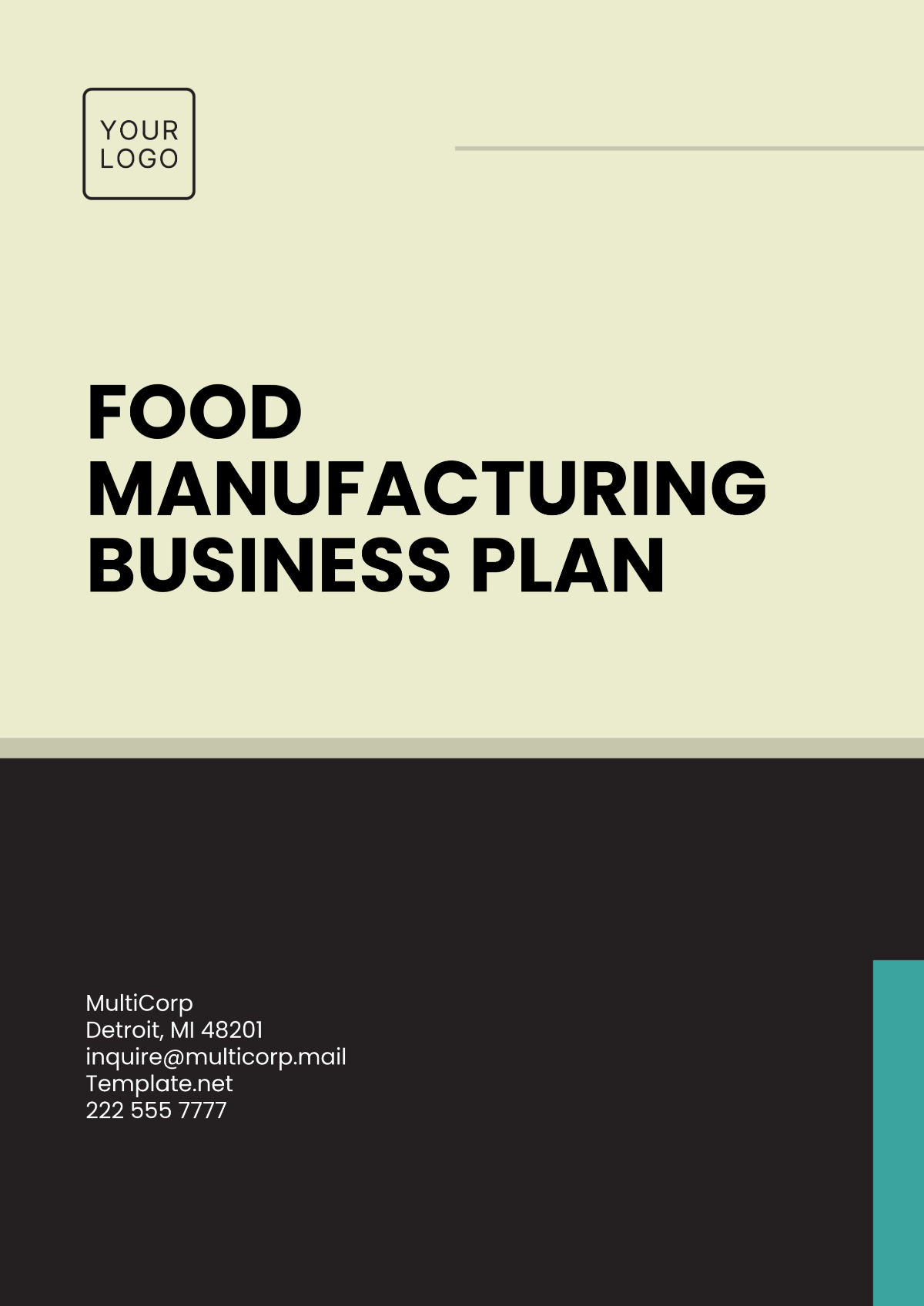
Prepared by: [Your Name]
Company: [Your Company Name]
Date: [Insert Date]
I. Executive Summary
Business Name: [Your Company Name]
Business Structure: Corporation
Location: [Your Company Address]
Business Type: Food Manufacturing (Packaged Foods, Frozen Meals, etc.)
Target Market: Health-conscious consumers, local supermarkets, and restaurants
Mission Statement: To provide high-quality, nutritious, and affordable packaged foods while maintaining sustainable manufacturing processes and superior customer satisfaction.
Vision: To become a leading provider of organic and ready-to-eat meals in the regional and national markets.
Goals:
Achieve $X in annual revenue within the first 3 years of operation.
Develop and market 10 new product lines over the next 5 years.
Establish distribution in 50+ retail locations by the end of Year 3.
II. Company Description
[Your Company Name] will produce premium frozen meals, ready-to-eat snacks, and other convenience food items aimed at consumers looking for healthy, easy-to-prepare options. The facility will be located in a central industrial area, ensuring efficient distribution and access to necessary logistics. Our company’s goal is to fill a growing demand for nutritious, time-saving food products without sacrificing quality or flavor.
III. Market Research
A. Industry Overview
The global food manufacturing industry is expanding, particularly in the healthy and organic food sectors. Consumer demand for quick, convenient, and nutritious meals is on the rise due to busy lifestyles, health trends, and a growing preference for organic products. The market for frozen foods, especially healthy options, has seen a significant increase in sales over the past few years, with expected growth to continue.
B. Target Market
Our primary target market consists of busy professionals, parents, fitness enthusiasts, and health-conscious individuals, aged 18-50. We will focus on customers who seek nutritious, organic, and minimally processed food options. Secondary markets include restaurants and local grocery stores that seek high-quality prepared meals to sell to customers.
C. Competitive Analysis
Our competitors include major food manufacturing companies and small organic food producers. While large competitors focus on mass-market products, [Your Company Name] will differentiate itself by offering:
Premium, organic, and nutritious ingredients
Convenient, ready-to-eat meal options
A focus on sustainable packaging and environmentally friendly manufacturing processes
IV. Product Line
Our product lines will initially consist of the following:
Frozen Meals:
Organic Grain Bowls (quinoa, brown rice, etc.)
Plant-Based Protein Meals (vegan and vegetarian options)
Chicken and Fish Dishes (with healthy side options)
Ready-to-Eat Snacks:
Protein-packed bars
Nut and seed mixes
Vegan smoothies
Meal Kits:
Pre-measured ingredients for quick, healthy cooking (for home preparation)
Each product is designed for convenience, quality, and nutritional value, offering a premium alternative to traditional frozen and convenience foods.
V. Business Model
A. Revenue Streams:
Direct-to-consumer sales through our online store and mobile app
Wholesale distribution to supermarkets, health food stores, and local grocery chains
Private label manufacturing for select businesses
Subscription-based meal plans for regular customers
B. Sales Strategy:
We will initially focus on local markets, establishing relationships with supermarkets, organic food stores, and meal kit delivery services. A robust online marketing campaign will also be launched to drive direct-to-consumer sales.
C. Pricing Strategy:
We will position ourselves as a premium brand, with prices above mass-market frozen meals but competitive within the organic and healthy food sector. Average product pricing:
Frozen Meals: $5 - $12 per meal
Snacks: $2 - $5 per item
Meal Kits: $8 - $15 per kit
VI. Operations Plan
A. Location:
Our manufacturing facility will be located in a central industrial zone, close to transportation hubs to ensure efficient logistics.
B. Suppliers:
We will source raw materials and ingredients from reputable organic farms and certified suppliers to ensure the highest quality. Key suppliers include local farms, organic ingredient distributors, and packaging suppliers committed to sustainability.
C. Production Process:
Our production process will involve:
Sourcing organic ingredients from verified suppliers
Preparing and cooking meals in a certified kitchen facility
Freezing and packaging products using state-of-the-art machinery
Storing products in refrigerated warehouses until shipment
D. Quality Control:
We will implement rigorous quality control procedures, including:
Ingredient testing
Final product inspections
Compliance with food safety standards (FDA, USDA)
Continuous feedback loops for product improvements
VII. Marketing Plan
Branding:
Our branding will emphasize our commitment to healthy, organic, and sustainable food production. We will use eco-friendly packaging and incorporate clear messaging about our values and the health benefits of our products.
Marketing Channels:
Online: Website, social media platforms (Instagram, Facebook, YouTube), influencer partnerships
In-Store: Product sampling, promotions, in-store advertisements
Local Events: Sponsor health and wellness events, food festivals, and farmers' markets
Advertising Strategy:
Digital marketing (Google ads, SEO, social media ads)
Influencer partnerships with health and wellness bloggers
Promotions and coupons for first-time customers
Seasonal campaigns (e.g., New Year’s resolutions, back-to-school, etc.)
VIII. Financial Plan
A. Startup Costs:
Equipment and machinery for food production: $250,000
Facility setup and rent: $100,000
Initial inventory and raw materials: $75,000
Marketing and branding costs: $50,000
Working capital: $75,000
Total Startup Costs: $550,000
B. Revenue Projections:
Year 1: $500,000
Year 2: $1,200,000
Year 3: $2,500,000
C. Break-Even Analysis:
We anticipate breaking even by the end of Year 2, as brand recognition and distribution channels increase.
D. Funding Requirements:
We are seeking $550,000 in funding to cover startup costs. This will be raised through a combination of equity investment and small business loans.
IX. Management Team
CEO/Founder: [Founder Name], with over 10 years of experience in food manufacturing and entrepreneurship.
Operations Manager: [Operations Manager Name], responsible for overseeing day-to-day production and quality control.
Marketing Director: [Marketing Director Name], with expertise in digital marketing and brand development in the food industry.
Sales Manager: [Sales Manager Name], responsible for securing retail and wholesale partnerships and managing customer relationships.
X. Conclusion
[Your Company Name] is poised to become a leader in the organic, ready-to-eat food sector by providing high-quality, nutritious meals that meet the needs of busy, health-conscious consumers. With a well-defined business plan, a solid marketing strategy, and a commitment to quality, we are confident that we will successfully capture market share and grow our business over the coming years.
- 100% Customizable, free editor
- Access 1 Million+ Templates, photo’s & graphics
- Download or share as a template
- Click and replace photos, graphics, text, backgrounds
- Resize, crop, AI write & more
- Access advanced editor
You may also like
- One Page Business Plan
- Coffee Shop Business Plan
- Restaurant Business Plan
- Food Business Plan
- Real Estate Business Plan
- Executive Summary Business Plan
- Cover Page Business Plan
- Nonprofit Business Plan
- Daycare Business Plan
- Construction Business Plan
- Startup Business Plan
- Medical Business Plan
- Bakery Business Plan
- Service Plan
- Hotel Business Plan
- Catering Business Plan
- School Business Plan
- Healthcare Business Plan
- Transportation Plan
- Sports Plan
- Car Wash Business Plan
- Salon Business Plan
- Clothing Business Plan
- Farming Business Plan
- Boutique Plan
